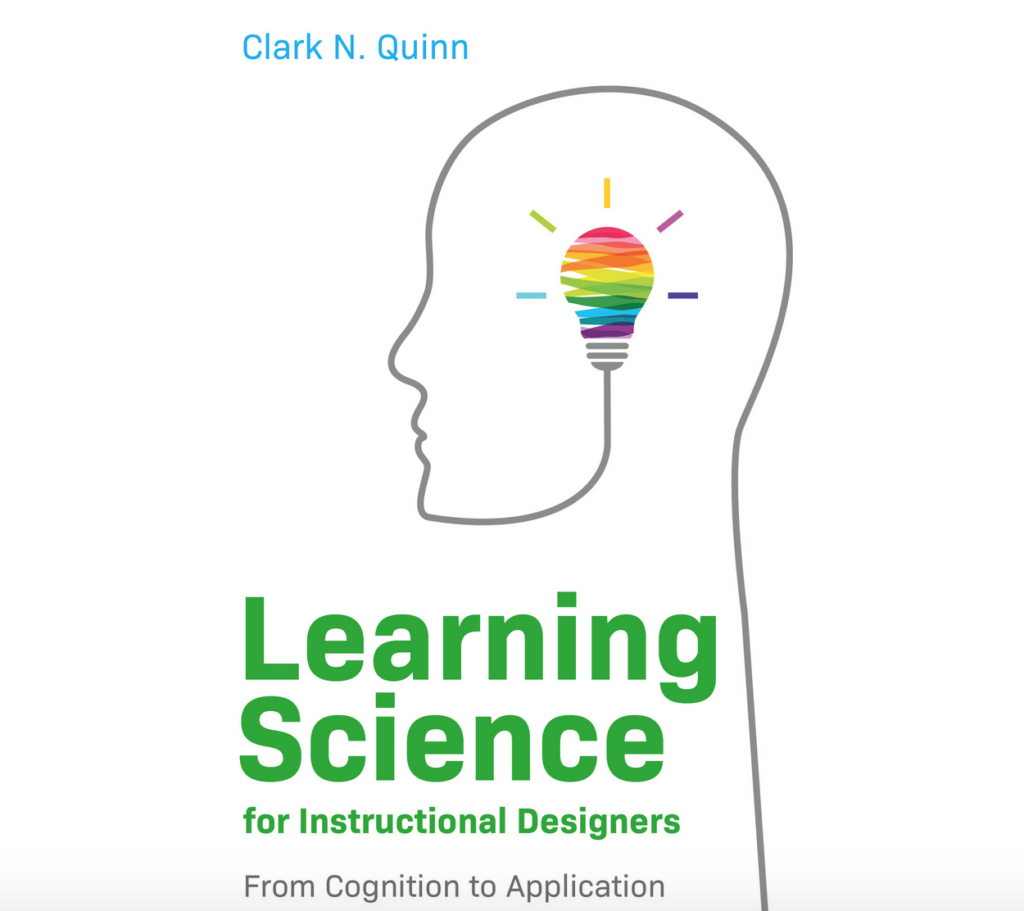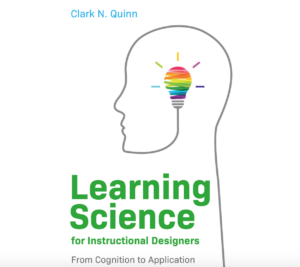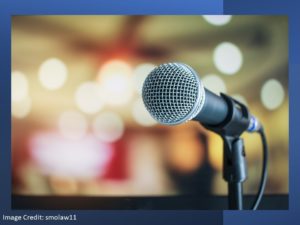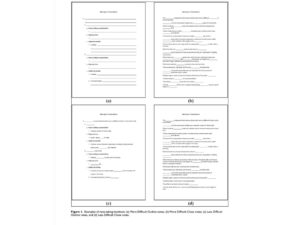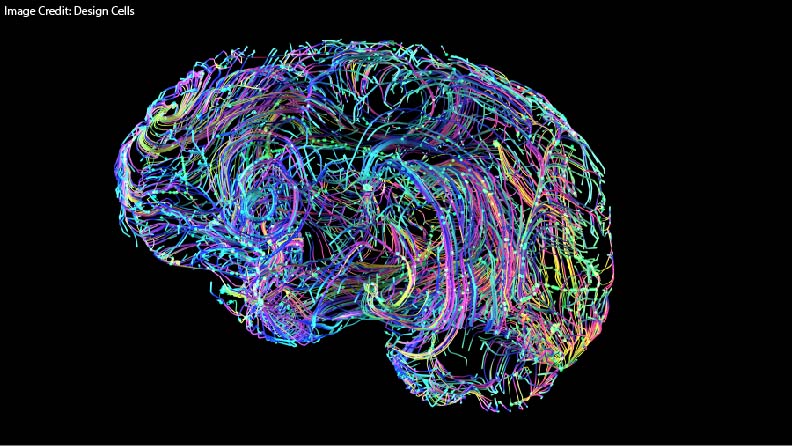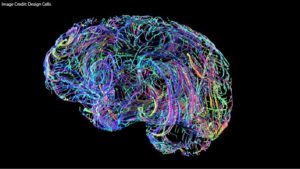In some ways, teaching ought to be straightforward. Teachers introduce new material (by some method or another), and we have our students practice (by some method or another).
Result: THEY (should) LEARN.
Alas, both classroom experience and psychology/neuroscience research suggest that the process is MUCH more complicated.
For instance:
When we “introduce new material,” should we use direct instruction or more of an inquiry/problem-based pedagogy? *
When we “have our students practice,” what’s the very BEST kind of practice?
Around here, we typically offer two answers to that 2nd question: retrieval practice and interleaving.
Retrieval practice has gotten lots of love on this blog — for instance, here. I have written less about interleaving, mostly because we have less research on the topic.
But I’ve found some ripping good — and very practical — research to share here at the end of 2021.
“What?,” “Why?,” and Other Important Questions
Let’s start with definitions.
Let’s say I teach a particular topic today: “adjectives.” And tomorrow I teach “adverbs.” Next day, “prepositions.” Next: “coordinating conjunctions.”
How should I structure students’ homework?
They could do 20 adjective practice problems tonight. Then 20 adverb problems the next night. Then 20 prepositions. And so forth.
Let’s call that homework schedule blocking.
Or, they could do 5 adjective problems a night for the next 4 nights. And 5 adverb problems a night starting tomorrow night. And so forth.
If I go with this system, students will practice multiple different topics (adjectives, adverbs, prepositions…) at the same time. So, let’s call that homework schedule interleaving.
For the most part, when we compare these two approaches, we find that interleaving results in more learning than blocking. (Lots of info here. Also in this book.)
That’s an interesting conclusion, but why is it true?
In the first place, probably, interleaving is a desirable difficulty. Students must THINK HARDER when they interleave practice, so they learn more.
In the second place, well, we don’t exactly know. Our confusion, in fact, stems in part from an arresting truth: interleaving usually helps students learn, but not always.
Of course, NOTHING ALWAYS WORKS, so we’re not fully surprised. But if the exceptions helped explain the rule, that could be mightily helpful…
An Intriguing Possibility…
Two scholars — Paulo F. Carvalho and Robert Goldstone — have been studying a potential explanation.
Perhaps blocking and interleaving enhance different kinds of memories. And so, research produces contradictory results because researchers use different kinds of memory tests.
Specifically, they propose that:
During blocked study, attention and encoding are progressively directed toward the similarities among successive items belonging to the same category,
whereas during interleaved study attention and encoding are progressively directed toward the differences between successive items belonging to different categories.
In other words: blocking focuses students on the properties of a particular category (“adjectives”). Interleaving focuses students on the distinctions among different categories (“adjectives, adverbs, prepositions”).
And so: if I want students to DEFINE ONE topic or idea or category (“adjectives”), blocking will help them do that well.
If I want students to COMPARE/CONTRAST MANY topics or ideas or categories, interleaving will help them do that well.
To repeat the title of this blog post: “the best kind of practice for students depends on the learning goal.”
In their most recent study, Carvalho and Goldstone test this possibility.
Sure enough, they find that students who block practice do better at defining terms, whereas those who interleave practice do better at multiple-choice questions.
The study gets splendidly intricate — they work hard to disprove their own hypothesis. But once they can’t do so, they admit they they just might be right.
Caveats and Classroom Implications
Caveat #1: “one study is just one study, folks.” (Dan Willingham.)
Although, to be fair, Carvalho and Goldstone have been building a series of studies looking at this question.
Caveat #2: The researchers worked with adults (average age in the 30s) studying psychology topics.
Does their conclusion hold true for K-12 students learning K-12 topics? Maybe…
Caveat #3: Practically speaking, this research might focus on a distinction that evaporates over time.
In truth, I always want my students to know specific definitions — like “tragedy” — well. And, I want them to compare those well-known definitions flexibly to other definitions — like, say, “comedy.”
An an English teacher, I — of course! — want my students to define adjective. AND I — of course!! — want them to compare that definition/concept to other related ideas (adverbs; participles; prepositional phrases acting as adjectives).
In other words, I suspect the ultimate teaching implication of this research goes like this:
We should have students BLOCK practice until they know definitions to some degree of confidence, and then have them INTERLEAVE practice to bring those definitions flexibly together.
To be clear: I’m extrapolating, based on my classroom experience and on my reading in this field.
Until my interpretation gets more research behind it, Carvahlo and Goldstone’s research suggests this general plan:
START BY DECIDING ON THE GOAL.
If you mostly want your students to know individual concepts, have them block their practice.
If you mostly want them to bring several topics together, have them interleave practice.
As your goal changes, their homework changes too.
As is so often the case, this research doesn’t tell teachers what to do. It helps us think more clearly about the work we’re doing.
In my view, that’s the most helpful research of all.
* I think that’s a false choice; both approaches make sense under different circumstances. More on that in another blog post.
Carvalho, P. F., & Goldstone, R. L. (2021). The most efficient sequence of study depends on the type of test. Applied Cognitive Psychology, 35(1), 82-97.






